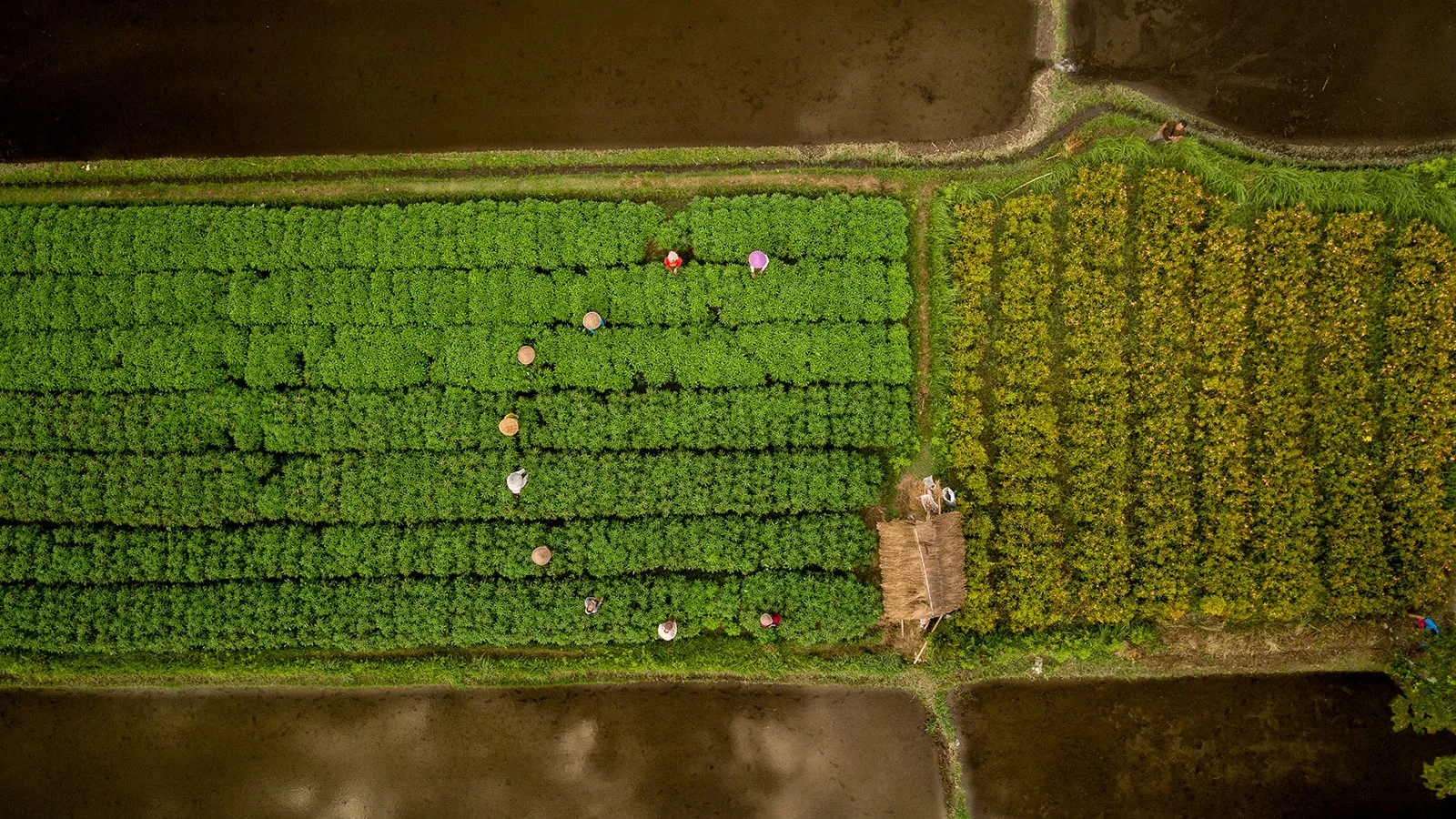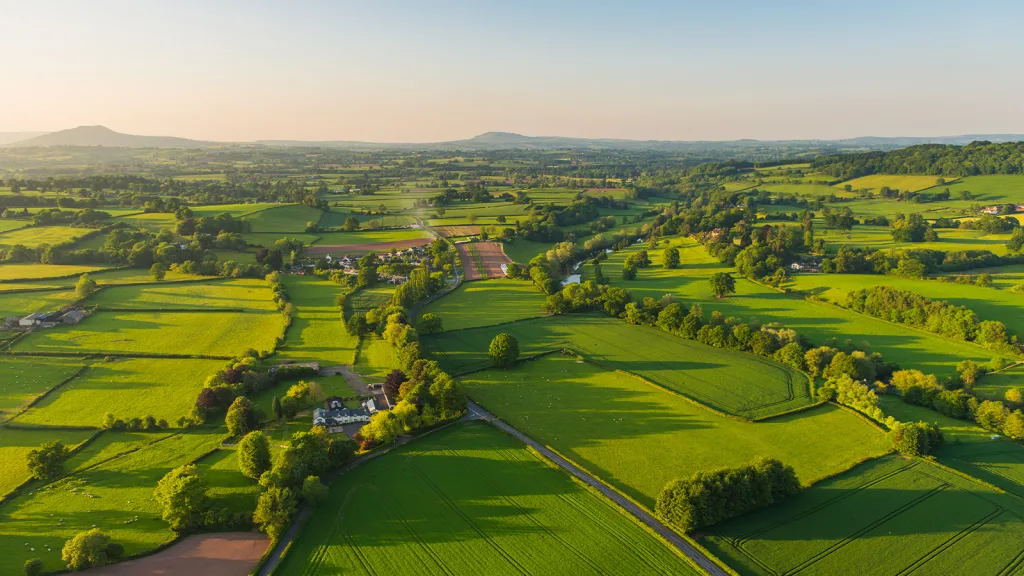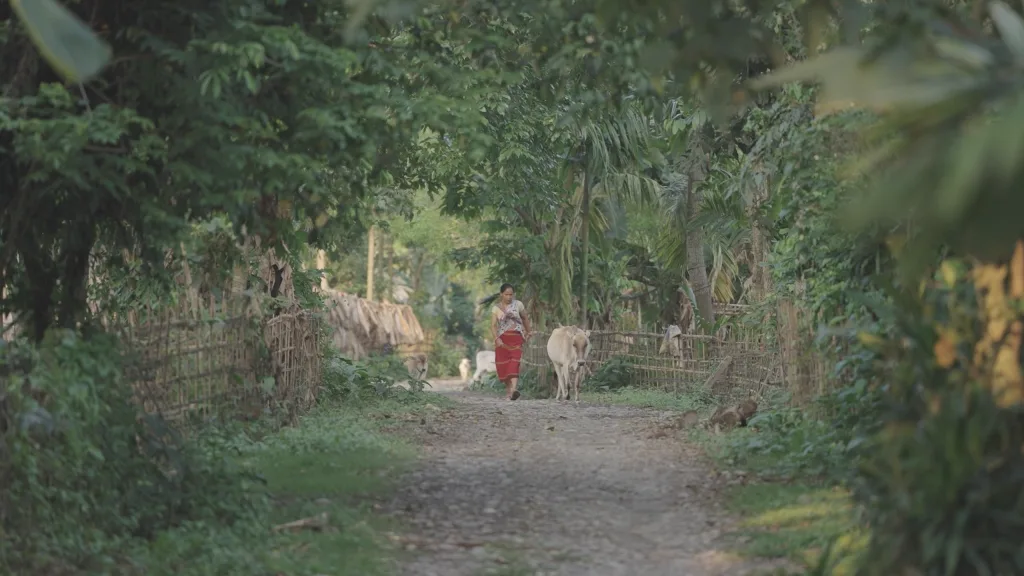Sustainability is increasingly proving to be a driver of corporate financial performance. Recent analysis from WBCSD shows positive financial returns, with reported ROI ranging from 2x to 14x, especially in sectors like food and beverage. Companies with strong sustainability practices often benefit from a lower cost of capital, while those that fail to act face tangible financial penalties, including EBITDA reductions of 5% to 25%. In agrifood value chains, there is growing evidence of the linkage between climate, nature, and equity outcomes and management of material risks and opportunities that shape long-term value and resilience. In October 2025, WBCSD and Principles for Responsible Investment brought together a group of agrifood companies and investors to discuss how shared metrics can better support decision-making for both corporates and investors and drive more coordinated action across the sector. The article highlights the main insights fromthe dialogue.
WBCSD Drives Convergence on Environmental and Socioeconomic Metrics for Decision-Making
Through WBCSD and OP2B, 52 companies and 33 partner organizations representing over 1,100 businesses have converged on core outcomes and indicators for regenerative agriculture and sustainable land use. This is a holistic set of environmental, social, and economic outcomes and indicators, in alignment with leading standards and areas of convergence. This links corporate, policy and investor decision-making with actions at the farm and landscape levels, for instance through the SAI Platform.
WBCSD supports the recognition of sustainable corporate performance by financial markets to ensure that companies demonstrating strong sustainability outcomes are financially rewarded. An effective corporate performance and accountability system is key to this; harmonized standards, metrics and measurement approaches that companies and investors can use for decision-making. By translating these outcomes into comparable data, metrics empower financial market actors to make informed decisions that align financial performance with sustainability goals. The growing momentum behind mandatory reporting further accelerates the adoption of standardized disclosures, ensuring transparency and consistency across markets.
Investors are Increasingly Using and Interpreting Sustainability Metrics Through a Financial and Strategic Lens
Regenerative agriculture is emerging as a key focus area for investors as a means to enhance supply chain resilience, protect land value, and monetize ecosystem services. Investors are therefore seeking metrics that are consistent, comparable, and outcome-focused and that help them translate sustainability performance into measurable financial terms, such as improved returns, lower risk, and more stable long-term supply chains. Beyond indicators like soil health and carbon sequestration, investors are also looking for metrics that capture broader biodiversity and social benefits to better understand the full scope of value creation.
Currently, there’s a lack of recognized sector pathways or benchmarks, making it premature for investors to set performance thresholds. Instead, they’re assessing whether companies use comprehensive metrics aligned with recognized initiatives like those from WBCSD.
– Bethany Davies, Principles for Responsible Investment
Tikehau Capital shared a practical example of an impact measurement framework to evaluate corporate performance on regenerative agriculture. In partnership with AXA and Unilever, the fund integrates cross-sector expertise to identify investable opportunities. Its framework measures both environmental and social outcomes, including biodiversity, water, carbon, nutrition, and health, using outcome-based indicators such as the number of hectares managed under regenerative practices.
Overcoming Key Bottlenecks to Investor Action
Although investors recognized the value of the WBCSD outcomes in driving consistent, scalable, and outcome-based assessment, several barriers continue to limit their broader integration into investment practice.
Low corporate reporting rates and fragmented disclosure frameworks limit investor benchmarking.
Inconsistent reporting frameworks and limited disclosure from companies limit investors’ ability to assess performance and allocate capital effectively. Greater harmonization and broader participation in reporting are needed to ensure interoperability, reduce duplication, and enhance comparability. Continued corporate engagement in metric development should be leveraged to accelerate adoption and build more robust datasets for benchmarking.
From an investor standpoint, disclosures are important because they show how a company is adopting its strategy on regenerative agriculture, or any other solution for that matter.
– Sajeev Mohankumar, FAIRR Initiative
Lack of recognized sectoral pathways or benchmarks.
Without agreed definitions of what good looks like in regenerative agriculture, investors rely heavily on qualitative indicators, such as alignment with outcomes through WBCSD. There is a need to establish clear, sector-specific benchmarks and combine metric evaluation with company engagement to validate results, strengthen data reliability, and encourage consistent disclosure.
Disconnect between sustainability goals and executive incentives.
Senior leaders are often rewarded based on short-term financial performance rather than long-term sustainability outcomes. To shift this dynamic, stronger evidence linking regenerative outcomes to tangible business outcomes such as resilience, risk mitigation, supply chain security, and long-term productivity is needed. Embedding these outcomes into incentive structures can help align corporate priorities with sustainability objectives.
Limited guidance on applying and interpreting metrics.
Clear, science-based guidance is needed to support consistent use of metrics and interpretation of results. This includes defining robust baselines and sector-specific thresholds to improve the credibility and usability of reported data for both companies and investors.
Call to Action
Overcoming these barriers will be key to scaling investment in regenerative agriculture and turning ambition into a measurable impact. WBCSD continues to work with investors, companies, and standard-setting bodies to build alignment across frameworks, and support the adoption and implementation of consistent, comparable, and decision-useful metrics.
For more information about the agriculture and food metrics we will take into 2026, please reach out to Kate Newbury-Hyde (newbury@wbcsd.org) or Ludmila Cmarkova (cmarkova@wbcsd.org). To engage in the work, ensure you are part of WBCSD’s Agriculture and Food Pathway.
Outline



